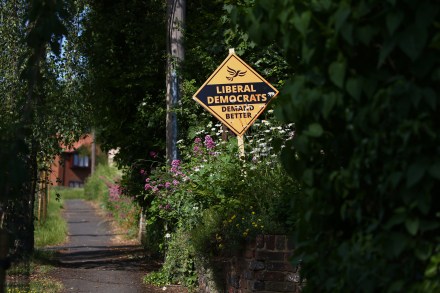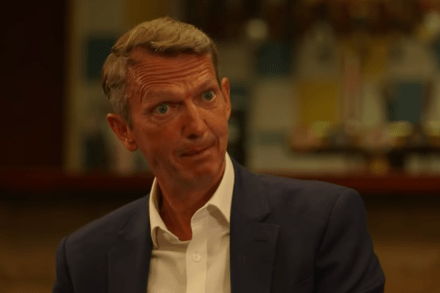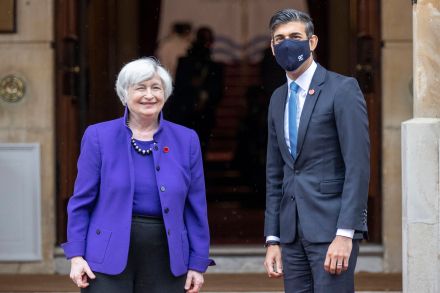It’s time to take back control of the public finances
It is called managing expectations: priming the public for really bad news so that when modestly bad news arrives it comes across as good news. Today’s public finance figures is a case in point. We have become so used to ever-grimmer predictions of the size of the government’s deficit that the latest figures released this morning ended up being reported in the form ‘borrowing is much lower than expected’. In May the government borrowed £24.3 billion which, we are told in a government press release, is a whacking £19.4 billion less than last May. Furthermore, total borrowing for the financial year 2020/21, came in at £299.2 billion — which, we




















